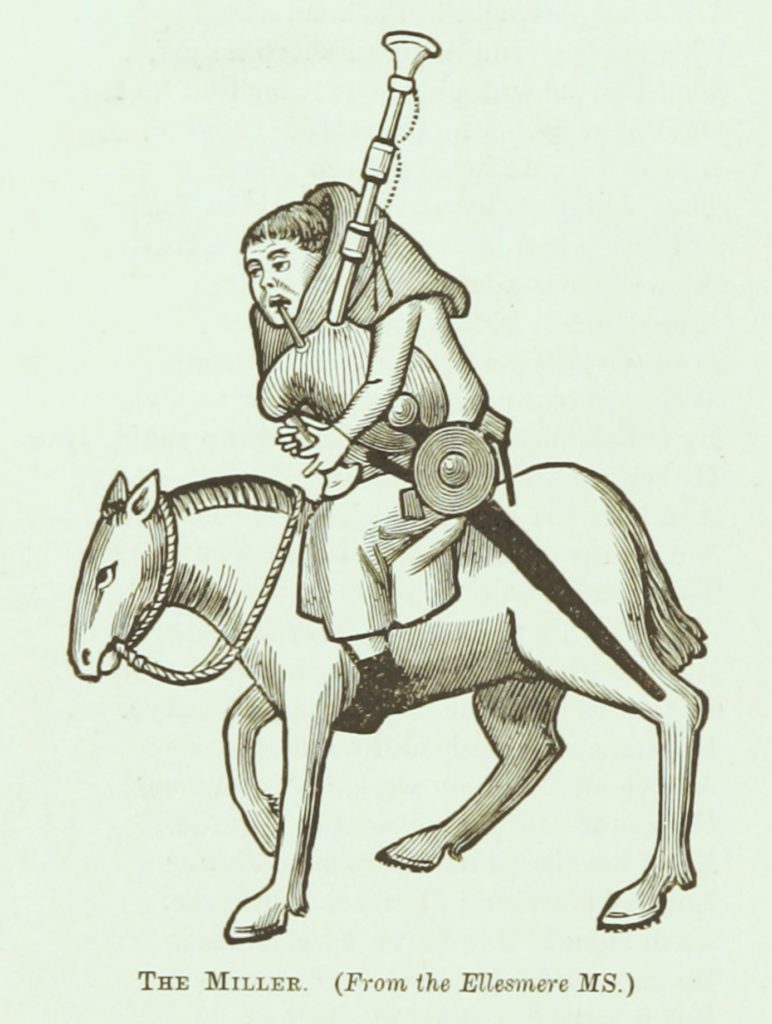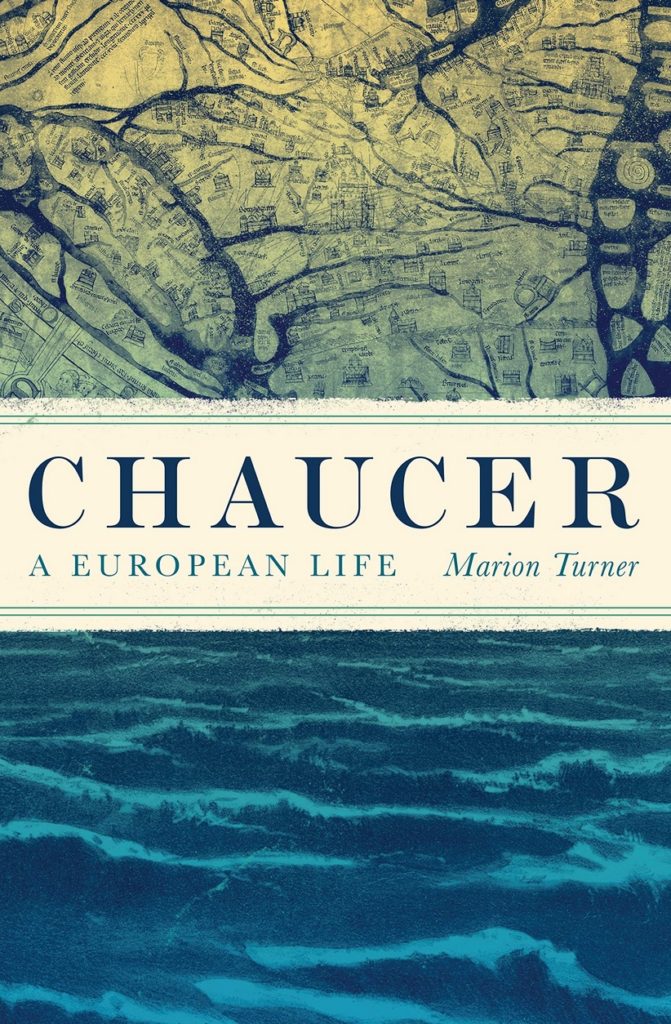This week, a new life of Geoffrey Chaucer, the fourteenth-century poet who is regarded as a father of English literature, though that’s a stereotype my guest, Marion Turner, wants to ditch.
Marion Turner
I think a lot of the ways that we think about Chaucer now are very problematic. Particularly the idea of ‘the father of English literature’, which immediately makes people think he’s a bit boring, that he’s an old man and a patriarch, and that he’s didactic. In fact, that’s the opposite of what Chaucer actually was like; I think in his poetry, Chaucer is saying all the time, there is not a fixed meaning, there is not a moral. At the end of the Nun’s Priest’s Tale he says, ‘take the moralite, good men’. This is a poem which absolutely refused to give a moral, which has gone all over the place, in a dizzying array of genres. So the moral is: go and find your own moral – think for yourself. He’s not a didactic poet at all. He’s a poet who empowers the reader.
Hedgehog & Fox
And what about Chaucer as sober patriarch. Marion Turner wants to overturn that, too.
Marion Turner
That only comes about in the fifteenth century, after Chaucer’s death. In his life, he was all kinds of different things. He was a fashionable teenager. He was a diplomat. He was someone who travelled to Spain, to Italy repeatedly. He was living on the walls of the city when the rebels flowed under the gate in 1381. He saw the deposition of the king. He travelled all around the country as well as all over Europe. He lived in a global trading environment in the city of London. He was a parent. He was a father of a daughter and sons, not the father of English literature. And I’m interested in all those different aspects of his life, which I think are not very familiar to many people today.

Hedgehog & Fox
Far from seeing himself as founder of the canon, the Chaucer who emerges from the pages of this biography is one who challenges the idea of authority, stability, fixity of meaning. In his dream vision, The House of Fame, the poet finds himself in the eponymous house.
Marion Turner
Chaucer shows us how random the canon is: authors names are etched in ice. If they’re on the sunny side, they melt away. And if they’re on the shaded side, they survive. But it’s arbitrary and Fame herself is an arbitrary figure. So Chaucer mocks the idea of authority. Then at the very end, the Geoffrey figure comes to the House of Rumour, this chaotic, dynamic place where all kinds of stories and gossip are whirling around and ordinary people come along: pardoners, shipmen, pilgrims, who have bags full of stories. And Chaucer is really showing us that everyone has a story to tell. That it’s important to listen to all kinds of different voices and that it is not enough only to read on your own in your room, just to read the old classics that people have already validated for you. You have to think for yourself.
Hedgehog & Fox
Marion Turner teaches English at Jesus College, Oxford. Her biography has been praised by critics as ‘carefully nuanced’, ‘hugely illuminating’, ‘perspicacious and often slyly humorous’, ‘meticulously researched’, ‘radical’, ‘rich, thought-provoking and readable’ and ‘magnificently scholarly’. One critic concluded, ‘this meaty new biography is likely to be the best book on the subject for decades to come’. So when I met Marion, I asked her how, having been fascinated by Chaucer for years, she decided to embark on a biography.
Marion Turner

I first of all assumed that if I did a biography, it would have to be a cradle-to-grave one. And I remember sketching out the chapters and they started with the early years and they ended with the late years. And I thought, ‘I don’t want to do this. This is so boring. I can’t see how I can make this different.’ And I actually went for a walk. It sounds like such a cliché, but I did. I went for a walk around the meadows, around Christchurch Meadow here in Oxford. And I walked around and thought about it. And I did have a road to Damascus moment where I decided that I would try to do this biography and I would do it through places and spaces. And for me, that completely transformed the idea of doing it because what I realized was that if I approach Chaucer’s life through spaces and places, I could make this a biography of the imagination, I could be more flexible in how I cut across his life. So although the biography is roughly chronological, it’s in three sections that move roughly through sections of his life because I am interested in the development of his imagination across time. But at the same time, I often want to follow strands that are not strictly bound by chronology and by thinking about spaces and places, I could really focus on what he saw, what kind of structures he lived in, and how that affected his sense of his own identity and his audience’s sense of their identities, what his metaphors actually meant in terms of the material objects that he saw with which he was familiar.
And so for me, that was a really productive way of approaching biography. And the places are varying. Some of them are actual places such as Genoa and Florence, or Reims and Calais or Navarre, places that he went to. Some of them are structures. So things like the great household, which doesn’t exist in the same way today and really lets us think about the public and the private life. And some are more abstract still: the cage, the Milky Way, peripheries, places that he talks about perhaps metaphorically or that he speculates about. So that structure allowed me to look at a range of different aspects of his life and also helped me to crystallize in my mind that I wasn’t going to try to make this a biography of the emotional life. When you’re writing about someone for whom you do not have private letters, diaries, memoirs, and you can’t interview their grandchildren, I don’t think you can get at that private, emotional life the way that you can from more recent subject. But I think you can get it their imagination. And that was what I wanted to focus on.
